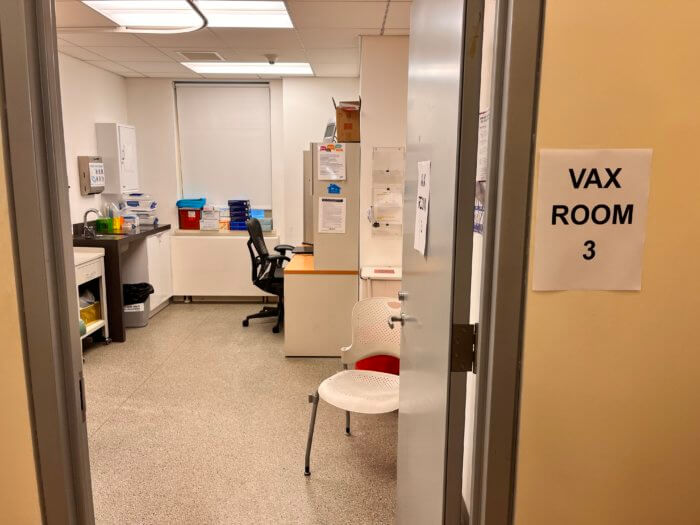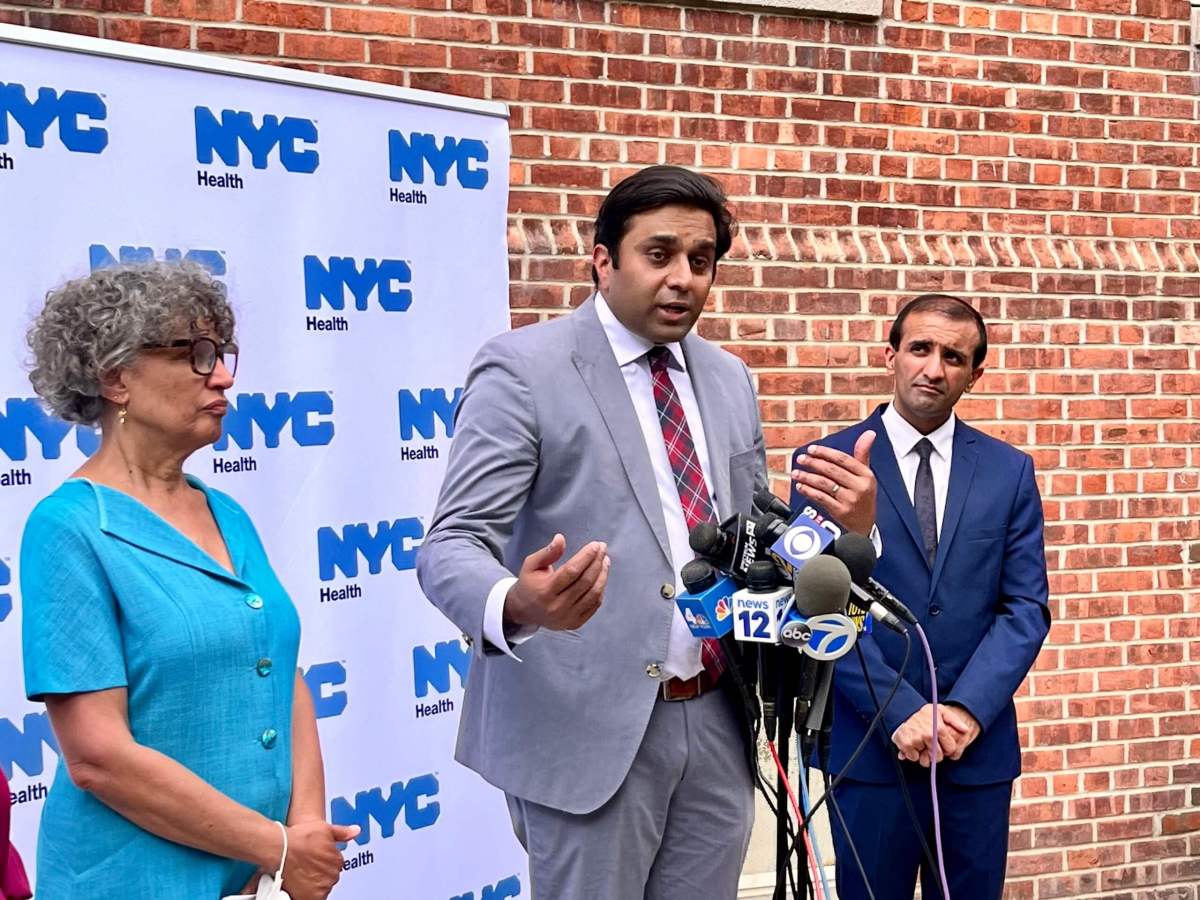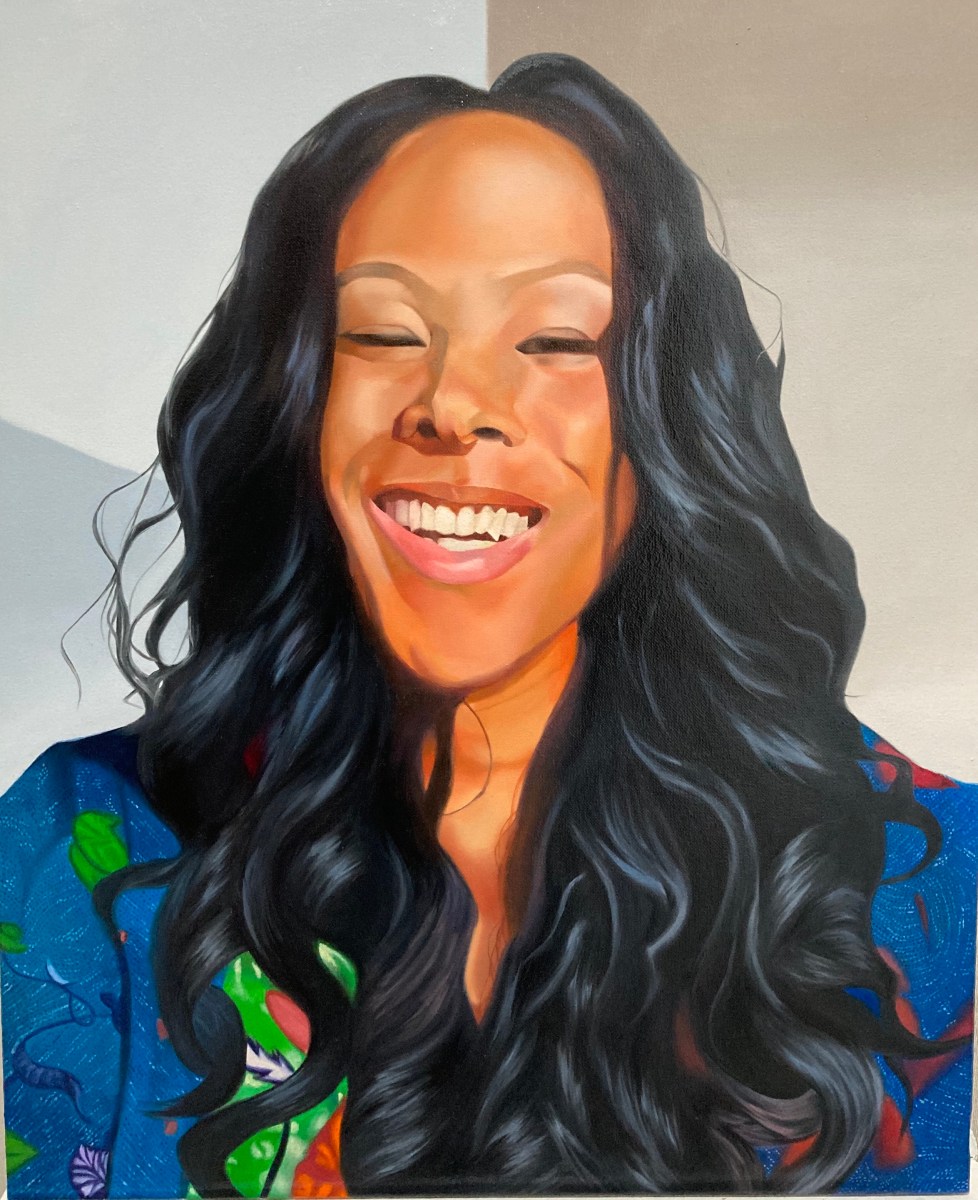New York City officials have declared an end to the mpox outbreak thanks to back-to-back months of minimal transmission across the five boroughs.
“The end of the mpox outbreak is a moment of pride for us in public health, and represents the best of science and society coming together for quick action,” Health Commissioner Dr. Ashwin Vasan said in a written statement.
The Health Department is taking a victory lap, framing the city’s work on mpox — which was renamed after it was originally known as monkeypox — as the “first in the nation” on a number of fronts, including employing a vaccination strategy that called to give shots to people who were at risk of having recent exposure to mpox rather than just those who were known contacts of someone with mpox. In an interview with Gay City News last month, Vasan credited the drop in cases to the strong advocacy effort and the vaccination campaign.
“Our city vaccinated more than 100,000 people and was the first in the nation to pilot effective strategies, driving both public awareness and official response strategies,” Vasan added. “Combined with widespread and deep community partnerships, leadership from affected communities and advocates, and the steadfast engagement of providers and many others, we have dramatically reduced transmission, and are better prepared for future outbreaks. New York City took bold action early and throughout this outbreak, and together helped turn the tide and mobilize the nation.”
The city faced significant criticism during the worst of the summertime outbreak when New Yorkers were unable to acquire vaccine doses when they needed them the most. The shots were slow to arrive from the federal government, but once they did, the city took heat because there were technological barriers to those seeking to book appointments online. There were also barriers to access due to limited vaccine clinics — at least until more opened up in other boroughs.

Once the vaccination campaign took off, the city was able to focus on vaccinating those most at risk. The Health Department set up mobile vaccination hubs at sex parties, bars, community health fairs, and other events. More than 16,000 shots were administered at mobile vaccination clinics.
And, in the face of criticism over vaccine disparities, the city opted to set aside doses for community-based organizations in order to ensure that the jabs were going to those most in need.
Kishani Moreno, interim CEO and COO of GMHC, said the city’s funding and support allowed the organization to assist more than 600 people with vaccine appointments, host mobile vaccine clinics, carry out street outreach, and more.
In total, the city administered more than 155,000 doses of the vaccine — which is more than the total shots given across 49 states, according to the Health Department.
From May 19 to December 31 of last year, New York City saw 3,821 mpox cases and a one-time peak of 70 cases per day, but those numbers waned as summer turned to fall — and the city averaged no cases through most of the first month of 2023.
Still, there is still some mpox transmission in New York City — and now the goal is to make sure people who did not get their second vaccine are able to get it.
“We look forward to continued partnership to ensure New Yorkers at risk for mpox infection receive the full, two-dose vaccination and remain vigilant in protecting themselves and their communities,” Moreno said.
Anthony Fortenberry, the chief nursing officer at Callen-Lorde Community Health Center, praised the work of the city, community-based organizations, and LGBTQ community members who engaged in advocacy efforts to combat mpox.
“It’s our hope that the community health infrastructure created to leverage resources targeted toward the LGBTQ+ community is sustained to ensure continued investment in affirming sexual/health care,” Fortenberry said.
Appointments for the vaccine — as well as testing and treatment options — are available at 11 clinics and five Pride Health Centers led by NYC Health + Hospitals. People can also get the vaccine through their provider or visit vaccinefinder.nyc.gov.



































